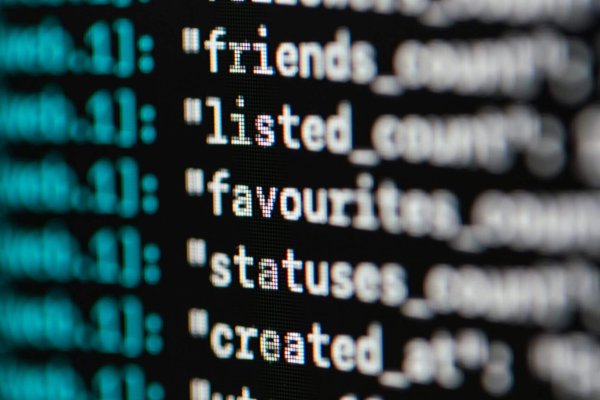Secure Development
In a recent announcement, the White House has urged developers to reconsider using programming languages like C and C++ due to security concerns. This recommendation has sparked discussions across the tech industry about the importance of prioritizing security in software development practices.

Protect against Vulnerabilities
The White House’s recommendation underscores the critical role that programming languages play in software security. C and C++, while powerful and versatile, are known for their lack of built-in memory management, susceptibility to buffer overflows and other memory-related vulnerabilities. In contrast, other more secure programming languages offer features such as automatic memory management, which can help mitigate these risks and enhance overall security.
- Buffer Overflows occur when a program attempts to write more information to a fixed size memory storage area.
- Memory Management Issues occur when a program does not properly allocate its memory resources
- Type Safety occurs when a program allows an operation to be attempted on data without ensuring the data types are compatible
- Pointer Manipulation happens when languages allow manipulation of memory addresses through pointers without bounds validation
For secure file sharing platforms and vendors dealing in the storage and transportation of sensitive personal identifiable information (PII), like GiraffeDoc, this recommendation reaffirms the importance of choosing secure languages and frameworks from the outset of application and software development. By leveraging the security features inherent in languages like C#, Ada, Swift, Java, Go, Haskel, Python and Rust secure file platforms like GiraffeDoc is able to provide users with an encrypted file sharing solution. From end-to-end encryption to multifactor authentication, GiraffeDoc prioritizes the protection of sensitive data and ensures that users can share documents securely without compromising their security.
While C and C++ remain prevalent in many software ecosystems due to their performance and low-level control, the White House’s endorsement signals a growing acknowledgment of the security implications associated with these languages. The vulnerabilities inherent in manual memory management underscore the need for a paradigm shift towards languages that prioritize security and developer productivity. Modern alternatives offer an emphasis on memory safety and data race prevention, offer a compelling solution to address these concerns. By leveraging innovative memory management models and compiler-enforced safety checks, these alternatives mitigate the risks associated with memory-related vulnerabilities, providing a more robust foundation for building secure and resilient software systems. As the software development landscape evolves, embracing languages that prioritize security will become increasingly imperative in safeguarding critical infrastructure and sensitive data against emerging threats.
The White House’s guidance serves as a reminder of the ever-evolving nature of cybersecurity threats. As attackers continue to exploit vulnerabilities in software, it’s essential for developers and businesses alike to remain vigilant and proactive in their approach to security. By staying informed about emerging threats and best practices, businesses and individuals can better protect themselves and their users from potential security breaches.
The White House’s recommendation leaves an interesting conversation to be had among the programming communities. Communities will have to ask, do vulnerable programming language have a continued place for building applications that might not need increased levels of security. The Office of the National Cyber Director (ONCD) reported companies “can prevent entire classes of vulnerabilities from entering the digital ecosystem” The report seems to imply The White House recommends a complete abandoning of C and C++ by programmers.
In conclusion, while the White House’s recommendations may prompt developers to reevaluate their choice of programming languages, they also highlight the importance of security in software development. Platforms like GiraffeDoc, offer businesses and individuals a reliable and secure solution for their file sharing needs. By prioritizing security and staying informed about emerging threats, businesses and individuals can mitigate risks and safeguard their data in an increasingly digital world.





